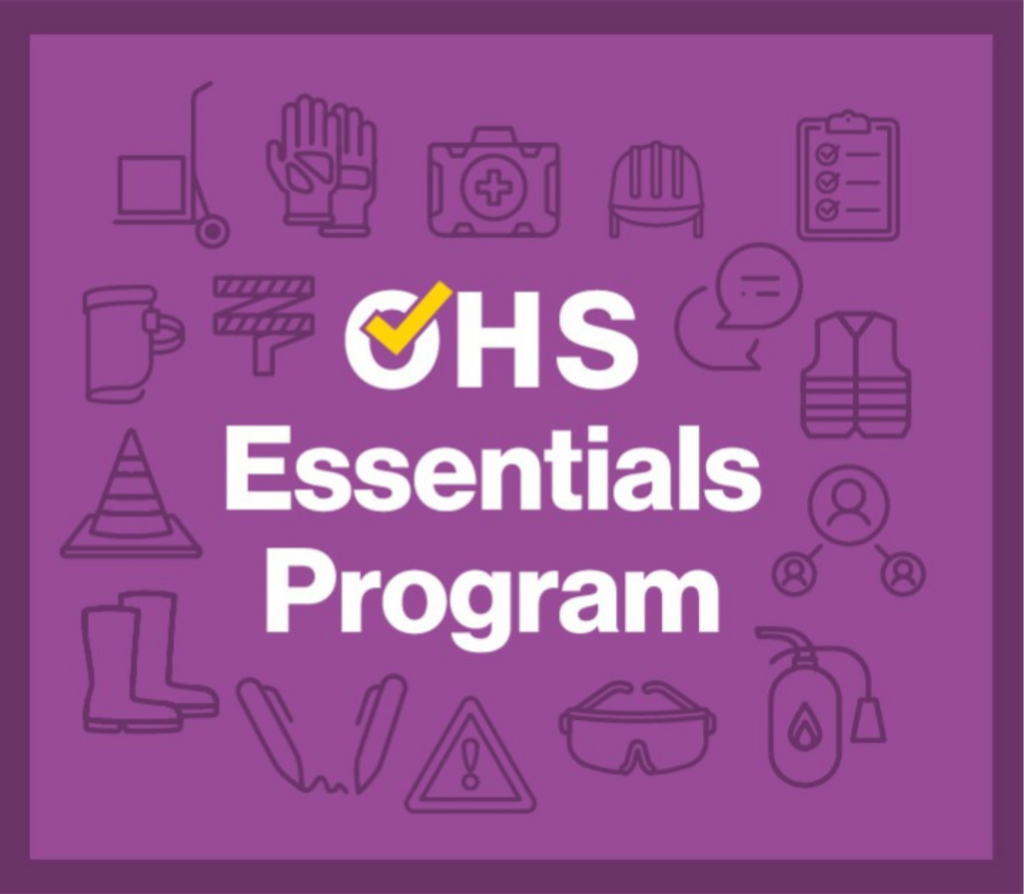In early 2023, “ORIMA Research was commission to conduct Australia Skills Quality Authority’s (ASQA) 2022-23 provider and course owner survey” The report can be accessed on ASQA’s website here. It also compares the data with survey results from 2021-22.
In all nearly 4,000 surveys were sent out and “a total of 1,435 surveys were completed, excluding ELICOS only providers, representing a response rate of 36%.” As expected, the largest response group was private providers. The report provides a breakdown of respondents, including enrolment numbers and the industry areas in which training was offered.
What the report card tells us
The report’s key findings are that:
- The provider and course owner survey showed improved overall ratings of ASQA’s performance in 2022-23 over those in 2021-22 with outcomes being at the same level or improved.
- “Assessments of ASQA’s performance against its five strategic objectives reflected this overall positive trend,” although in some cases there was little difference in the survey outcomes over the previous year. Of these, the most positive was for strategic objective 1 (ASQA’s regulatory approach promotes a culture of self-assurance and continuous quality improvement) at 81% agreement while the poorest was for strategic objective 3 (ASQA’s regulatory approach is transparent and accountable) where only 64% agreed – although it should be noted that this result was an improvement over 2021-22. The report provides greater detail on each of these objectives and their related Key Performance Measures (KPIs)
- In terms of the KPIs the report’s key findings were that “two of the KPIs measured in the survey fell short of their targets of 75% in 2022-23. These related to “the clarity and usefulness of ASQA’s feedback provided as part of regulatory activities” and “the clarity and usefulness of ASQA’s feedback about applications.” However, “the other two KPIs were broadly in line with their targets of 75% in 2022-23, namely: “ASQA’s published insights about risks and the outcomes of risk treatments support providers to self-assure and continuously improve” and “ASQA’s regulatory tools and practices support organisations to self-assure and continuously improve.”
- “Providers and course owners recorded improved ratings across several aspects of how ASQA engages with the sector about risk.” In addition, “just over three quarters of respondents provided positive assessments of how ASQA consults with stakeholders to inform its areas of regulatory focus; uses evidence to target regulatory activity to areas of high risk; and provides relevant and timely information about sector risks and areas of regulatory focus.” Finally, the report points out that “over three quarters of providers and course owners use ASQA education and information products about priority risk areas” and, of these, nearly all “consider them to be at least moderately useful.”
- In terms of areas of risk identified by respondents in looking ahead “at least two-fifths of them “considered that agent practices (47%), international student recruiting (43%), recognition of prior learning (40%) and academic cheating (40%) are the highest sector-level risks to the quality and integrity of VET in 2023-24. In contrast, risks to quality and integrity of training for the respondents’ RTOs were considered much lower and in different areas, mostly related to funding growth and training package transition.”
- Finally, “the strongest improvements measured in the survey were recorded in provider ratings of their organisation’s status in implementing quality improvement through self-assurance.” “The strongest increases were in the areas of leadership and governance, staff capability and ongoing development and student engagement and support.”
The report has a fair bit of detail over and above these key findings that may be of interest to VDC News readers. Take a look!








